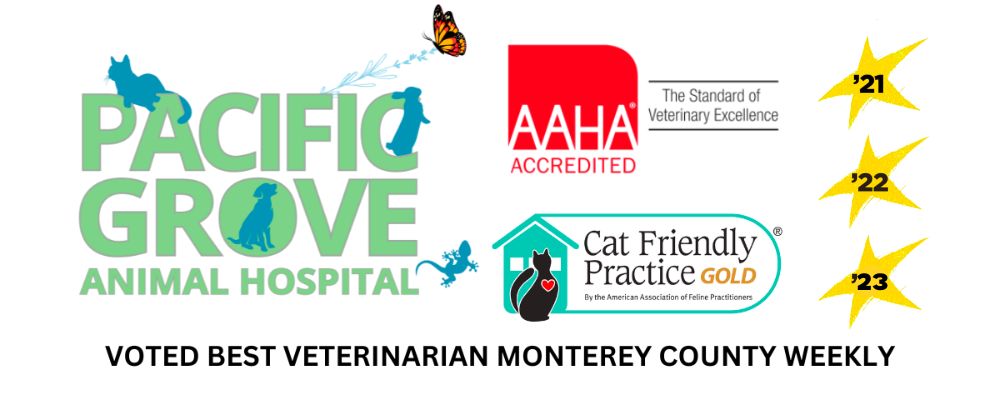The Most Common Pet Soft Tissue Surgeries
The number of surgeries performed on pets varies, ranging from common elective treatments like spaying or neutering to operations necessary for saving their lives. Commonly carried out in general practice hospitals are soft tissue surgeries as well as some orthopedic procedures. But some soft tissue operations are difficult to conduct and are exclusive to specialized veterinary institutions. The following list includes five of the most frequent soft tissue operations carried out in conventional veterinary clinics.
#1: Spay and neuter surgeries
The most frequent operations carried out at routine veterinary clinics—often daily—are spay and neuter procedures. These two procedures remove the reproductive organs in order to considerably reduce or completely eliminate the possibility of various behavioral and health problems in pets.
#2: Foreign body removal surgery
Many items have been recovered from pets’ gastrointestinal tracts because cats and dogs frequently eat items that become blocked. Some of the most common foreign bodies removed from pets include:
- Clothing, especially socks
- Bones
- Corn cobs
- Rubber and plastic toys
- Hair bands
- Thread
Dogs are more discriminating about items they put in their mouths, but cats are typically fascinated with string-like items that result in a linear foreign body that can be exceptionally hazardous because the intestines become bunched, and the string can saw through them.
#3: Mass removal surgery
Pets can develop a range of benign or malignant tumors. Lumps and bumps can spread quickly, develop into ulcers, or appear in a location where they impair breathing, eating, or movement. Masses can be taken out of the skin or from inside the mouth, ears, or abdomen.
#4: Bladder stone removal surgery
Bladder stones in pets occur relatively commonly, largely because of urinary tract disease, improper diet, inadequate hydration, or genetics. Stones of a certain composition can be dissolved with a prescription diet, but others need surgical removal and thorough bladder flushing to prevent a urinary blockage.
#5: Brachycephalic obstructive airway syndrome repair surgery
A growing number of brachycephalic obstructive airway syndrome (BOAS) repair procedures are being performed on brachycephalic breeds such pugs, English bulldogs, and French bulldogs. To make breathing easier for flat-faced animals, surgery may be required to open their nostrils, shorten their soft palate, or remove laryngeal saccules.

